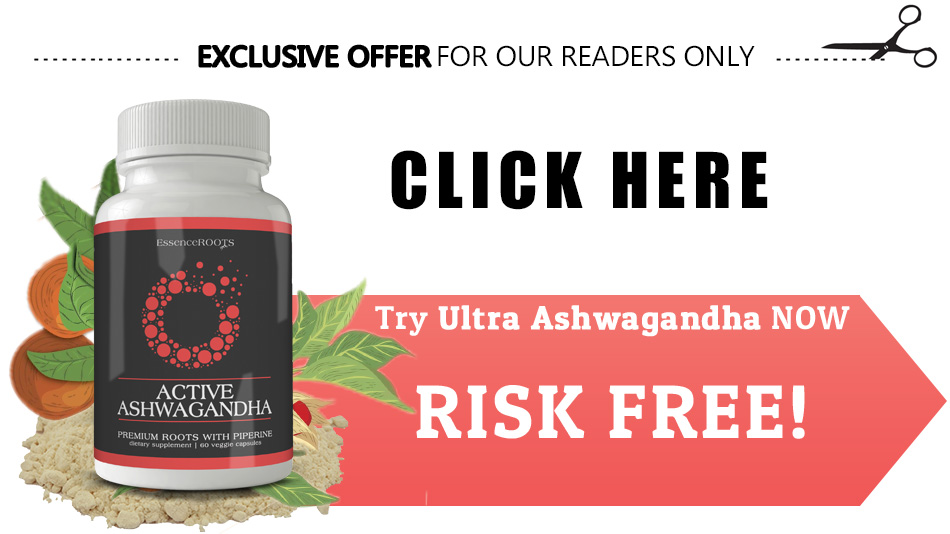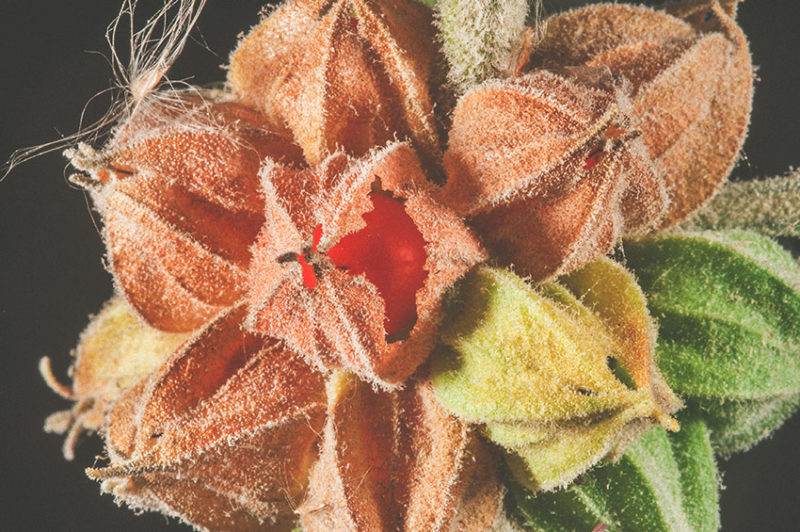Ashwaganda (latin name: Withania somnifera) is an herbal medicine with a rich tradition. Its use dates back three millennia to the time the Ayurvedic practitioners in India began using it for people with anxiety, low energy, and the ravages of aging.
The word “ashwaganda” translates to “smell of horse” and has a dual meaning: one is that the herb itself does have that particular aromatic quality, and second, because traditional belief is that consumption can help it’s user gain a horse-like strength and vitality. Luckily, if you take this herb, you will not smell like a horse, but many of my patients do find increased energy and vigor.
How Does Ashwaganda Work?
Ashwaganda has been studied for its benefits to lower inflammation, help Parkinson’s Disease and other neurological disorders, and has been used as an adjunct in cancer care to support low white blood cell count (Mishra et al., 2004). While this plant medicine contains many plant compounds that help balance the body’s physiology, ashwaganda’s most well-researched phytochemicals are it’s alkaloids and lactones (known as withanolides), which are thought to act as hormonal precursors (no authors, 2004). In holistic medical care, ashwanganda is seen as ‘adaptogenic’, meaning it will help increase effect when activity is low, but will block excess stimulation when activity is too high (Bhattacharya et al, 2000). This is a very good choice for the wild hormonal variations that occur with anxiety.
Ashwaganda for Anxiety?
Clinically, ashwaganda is found to be very helpful to calm anxiety, and specifically help agoraphobia (anxiety especially in open or crowded places). Most of the understanding we have about ashwaganda is based on it’s substantial anecdotal history and animal studies. But more clinical studies are being done.
One 2012 study of 64 volunteers randomized asked subjects to take either ashwaganda or a placebo twice a day for 60 days. The ashwaganda group’s capsule contained 300 mg of a concentrated extract made from the root. During the treatment period, regular telephone call check-ins assured volunteers were consistently taking the herbs or placebo, and were used to note any adverse reactions. The treatment group given the ashwaganda root extract exhibited a significant reduction in anxiety scores after two months relative to the placebo group, without side effects. Most notably, serum cortisol levels were substantially reduced in the herbal group (Chandrasekhar et al., 2012). Cortisol is the stress hormone that goes up when we are stressed out. Cortisol also creates longer term fatigue and mental fogginess, and brain structures for emotion and memory are damaged when cortisol is too high.
Other case studies using ashwaganda also show benefit in stressed women with adrenal hyperplasia (enlarged adrenal glands) showing beneficial changes in cortisol, progesterone, and pregnenelone (a valuable precursor hormone), as well as noticeable improvement in a difficult to treat hair loss known as alopecia (Kalani, 2012). Other studies of men with stress-related fertility issues found higher antioxidant status and much healthier sperm when supplemented with ashwaganda (Mahdi, 2009).
Ashwaganda Dosage and Best Usage
Typical dosage is 300mg of ashwaganda standardized to withanolide content of at least 1 to 5% withanolides once or twice a day. Ashwaganda’s best use may be for someone with anxiety and a stressful life which is accompanied by nervous depletion and sleeplessness. It is also great for stressed out infertile men with poor sperm, women with stressed-induced hormonal imbalance, and may help with hair loss too.
source: https://www.psychologytoday.com/us/blog/inner-source/201401/ashwaganda-anxiety
What's the REAL problem with Ashwagandha?
Eventhough Ashwagandha comes with a laundry list of incredible health benefits:
- Supports Healthy Thyroid Function
- Promotes a Calm State of Mind
- Improves Mood and Energy
- Boosts Memory and Supports Brain Health
- Strengthen Immune Function
It has *one major flaw*.
The major flaw of Ashwagandha is bioavailability.
The body has a hard time absorbing Ashwagandha Powder, which makes bioavailability a HUGE issue! Bioavailability is the amount of a substance that enters your bloodstream. More bioavailability means you actually get the health benefits you’re looking for. But less bioavailability? That means you’re wasting money.
Essence Roots has discovered a unique, yet simple way to make Ashwagandha more bioavailable than ever.
Along with giving us superstar nutrients like ashwagandha, Mother Nature also provides us with helper nutrients. These helper nutrients take a good thing and make it even better. Scientists call these Bioavailability Enhancers, and new research points to piperine as being the most effective on the planet. Ultra Ashwagandha comes in a veggie capsule packed full of piperine, making it the most bioavailable Ashwagandha money can buy!
Special Offer
Today Ultra Ashwagandha by Essence Roots is running a 50% off promotion. The more bottles you buy, the more discount you get. So don’t wait until its too late, take advantage of this incredible offer now. Don’t forget to come back and let us know about your results!
Simply click on the link bellow to claim your deal.

This is a one time purchase with no hidden additional cost or obligations.



